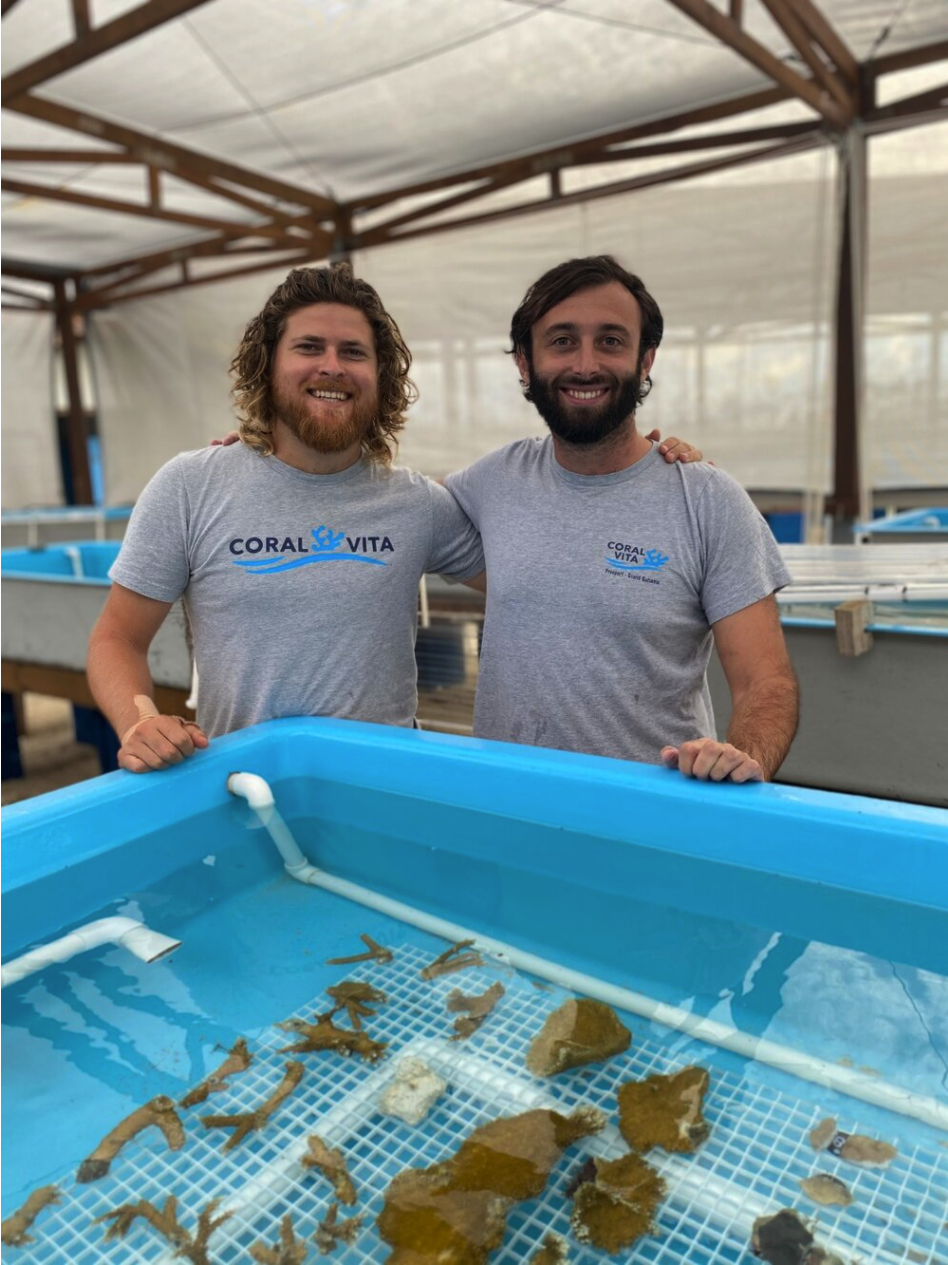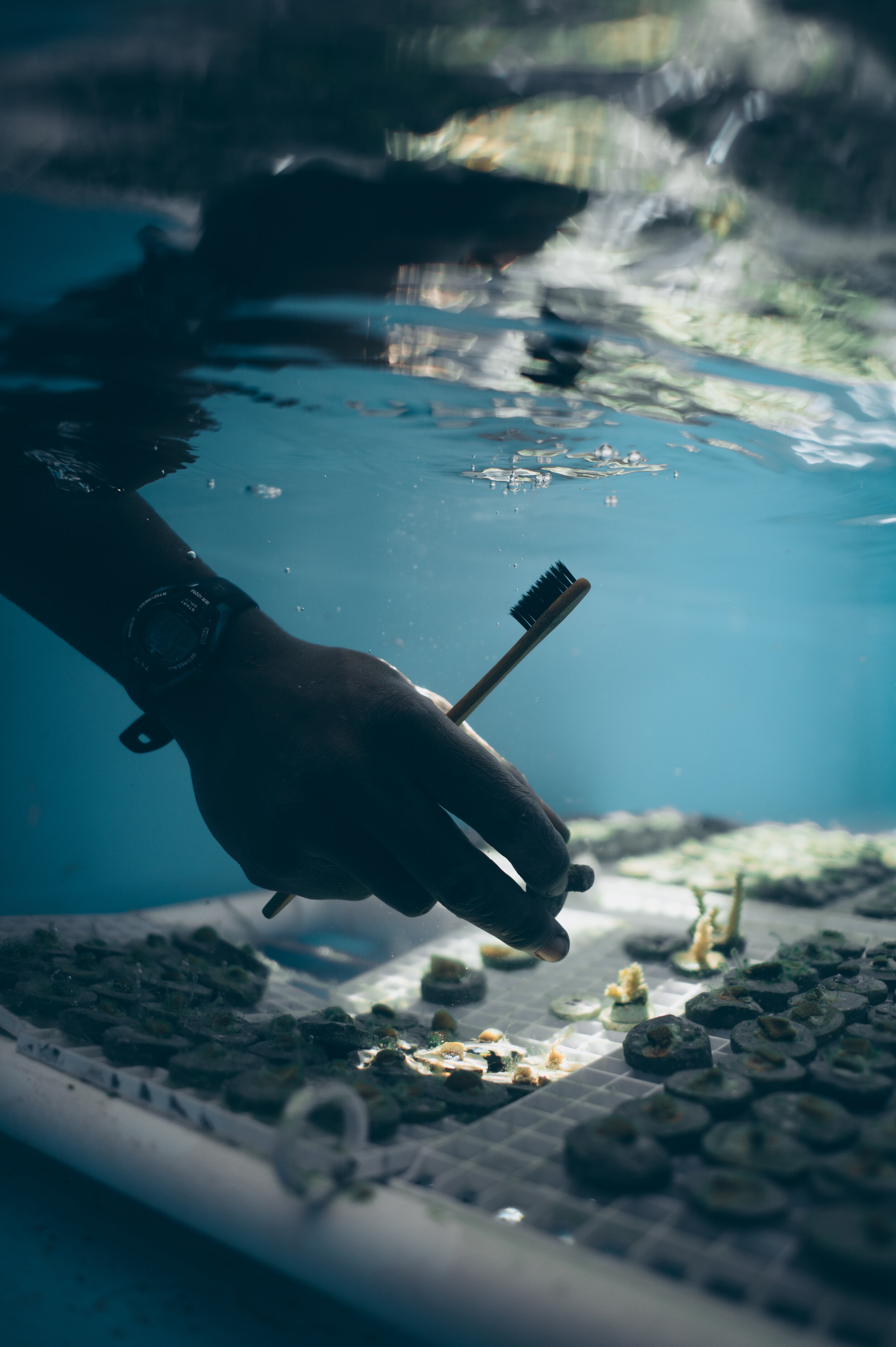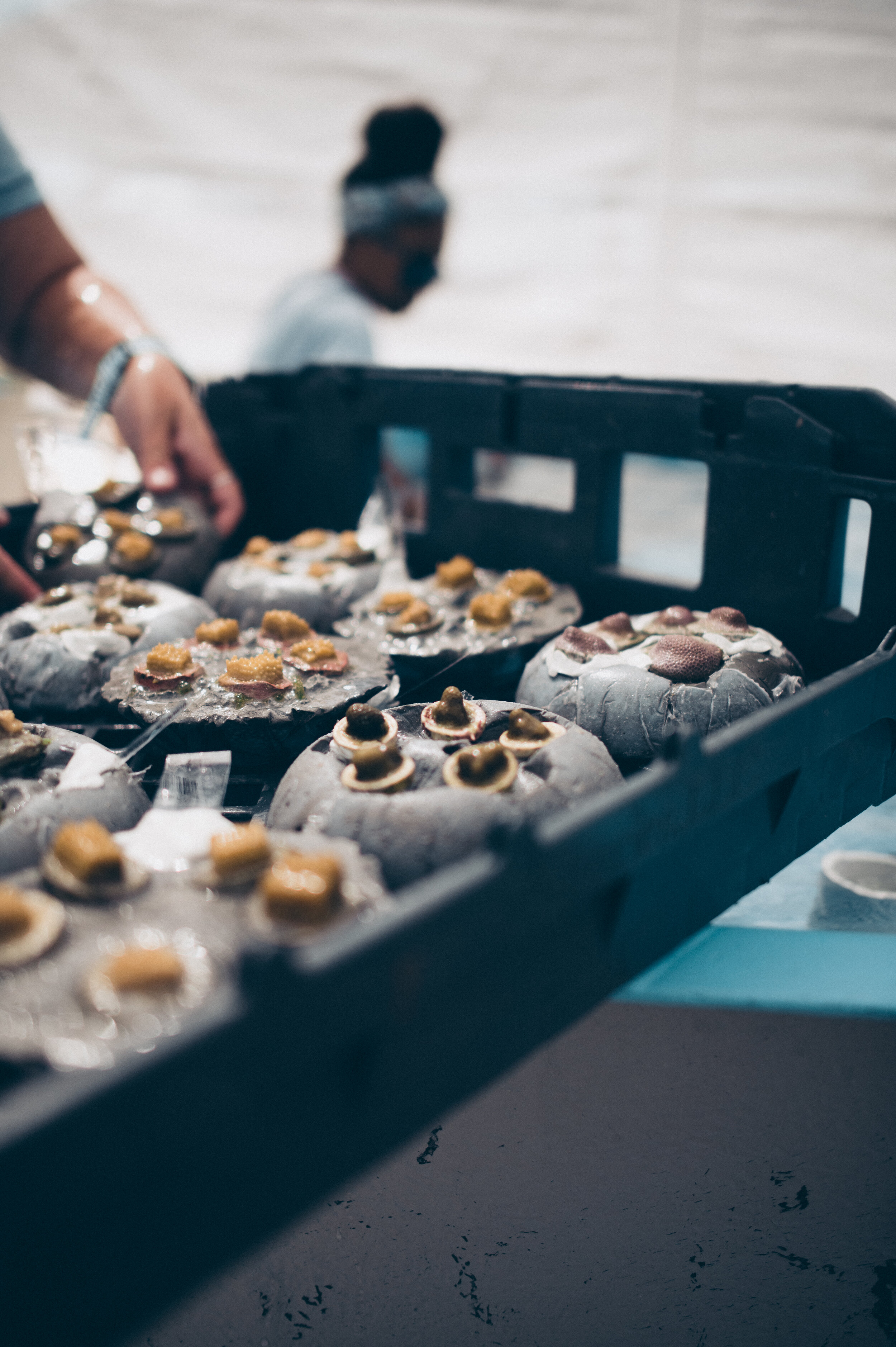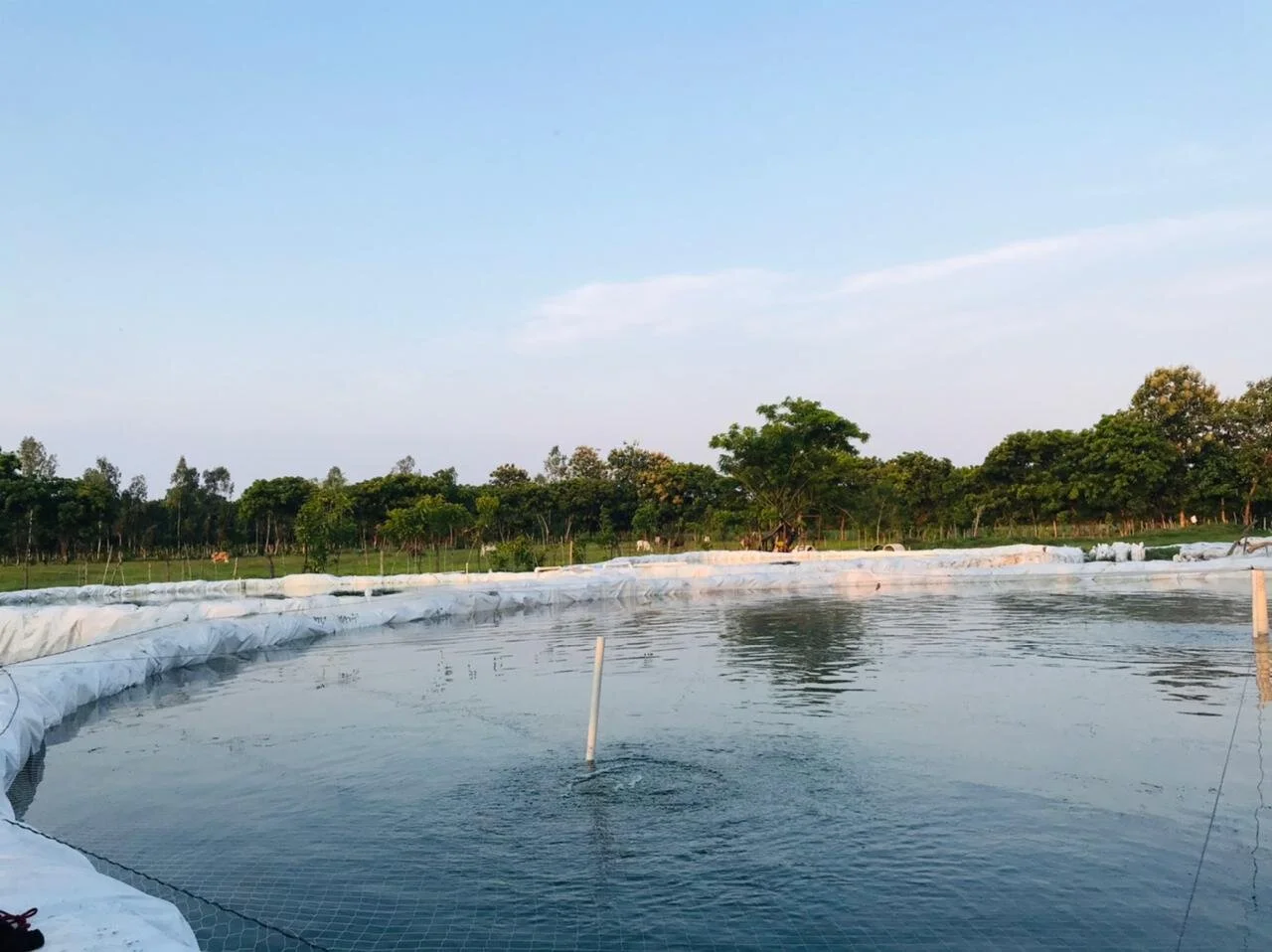Why Supporting Sustainable Water Farmers Around the World is Critical
In 2015, the United Nations announced an initiative for “Sustainable Development.” This marked an important stake in the ground that made a promise of global peace and prosperity. In committing to this agenda, various countries, including Norway, showed tremendous determination in taking steps to work together as a global population to put the world on a sustainable and resilient path.
After 6 years though, it is clear that progress is slow and that greater action is required to hit the 17 sustainable development goals. Aquaculture plays a significant role in providing a solution to some of the world’s biggest challenges including poverty, nutritional injustice, inequality, and climate change. At Kvaroy Arctic, we knew that we could learn so much about resiliency while supporting the crucial role of mentorship through the World Central Kitchen’s Food Producer Network to water farmers hardest hit by the effects of climate change.
This World Center Kitchen program aims to improve food security and help communities build food resilience against future disasters. Originally launched in Puerto Rico in the aftermath of Hurricane Maria, it has expanded its network of food producers and regions to include the Bahamas, the U.S. Virgin Islands, and Guatemala. The program partners with farms in need and promotes the development of sustainable food systems, as well as the growth and use of locally-produced foods. Amongst the new efforts, Kvarøy Arctic is funding grants for an aquaculture track that supports existing businesses that demonstrate a track record of success, but are impacted by a natural disaster and need support to continue their work.
While there is no silver bullet to fix the problem of climate change, there is little doubt that we can lend a hand in supporting efforts on land and sea to help water farmers rebuild systems badly damaged by natural disaster. It is clear that we need the most innovative solutions to return our oceans to abundance. By supporting Coral Vita’s coral farm, we are able to help restore essential coral. This form of farming can support climate change resilient species of coral in an effort to rebuild ecosystems that are horribly effected by our warming oceans. Ultimately, this will create a thriving system for fish which allows us to not only restore, but to also give back to this resource that we have been depleting for millennia.
A healthy ocean full of thriving coral drives a biodiverse food system and will improve nutrition in regions across the globe. While capture fisheries will remain relevant, in part as a result of Coral Vida’s hard work, aquaculture has already demonstrated its crucial role in global food security. While we recognize the capacity of aquaculture for further growth, we have to help in building sustainable aquaculture systems. That is why we are supporting another finfish farm across the Atlantic: Tilapia de la Faja.
Based in a region of Guatemala where population growth will challenge their food system and where aquaculture done right will play a key role, Tilapia de la Faja’s farm is a necessity, and we are honored to support their efforts. The reality is that they still need to have more funding to truly embrace technical upgrades on the farm in the form of better feeds, genetic selection, biosecurity, and disease control and digital innovation. But with our support, they have expanded capacity to now feed 8-10 of the surrounding villages.
We hope that others will join us in funding these grants to support the sustainable, ethical water farmers around the globe!





